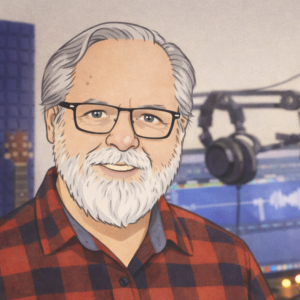June 24, 2024 The US Defense Advanced Research Projects Agency (DARPA) recently published the findings of its Quantum Benchmarking program, an initiative launched in 2021 to assess the potential of quantum computers to solve complex problems that stump classical machines. The results are a mix of optimism and caution, indicating that while quantum computers hold promise, significant advancements are still needed.
DARPA created eight interdisciplinary teams to evaluate over 200 potential applications of quantum computing, ultimately focusing on 20 candidate benchmarks across three categories: chemistry, materials science, and non-linear differential equations.
Five teams refined these benchmarks, incorporating rigorous, utility-driven criteria, and developed tools for estimating the resources and performance needed to run these applications on realistic quantum hardware.
The studies suggest that quantum computers could provide advantages in certain chemistry and materials science applications. For example, quantum computing could potentially save $2 million in material costs for tests at the Los Alamos National Laboratory’s High Magnetic Field Laboratory.
Despite the potential, some applications remain infeasible without significant advancements. For instance, quantum computers are unlikely to revolutionize incompressible computational fluid dynamics (CFD) applications or simulations of strongly correlated systems without major algorithmic breakthroughs.
One study explores a modular superconducting architecture that could house 2 million physical qubits, indicating a possible path toward fault-tolerant quantum computers capable of tackling significant scientific tasks.
While DARPA’s findings highlight the potential for quantum computers to address specific complex problems, many challenges remain. The path to practical and economically valuable quantum computing applications is still fraught with hurdles, requiring further technological and algorithmic advancements. Quantum enthusiasts and researchers must temper their expectations while continuing to push the boundaries of this promising field.



